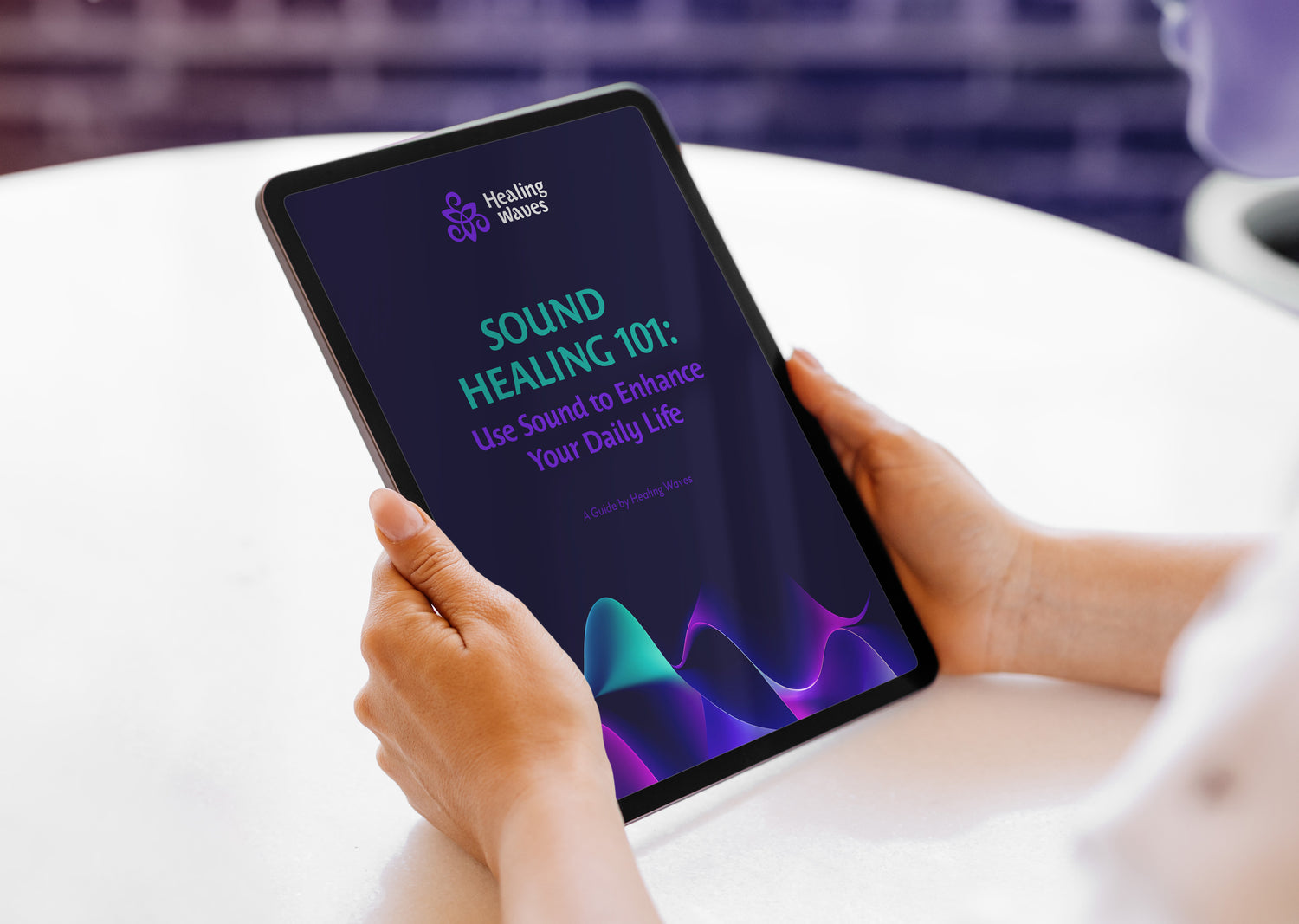How important is sleep, why should you care, and how will improper sleep hygiene mess with your health and wellness?
If you want to optimize your health or lose weight, getting a good night’s sleep is one of the most important things you can do.
Defining Sleep
Sleep is natural, easily reversible periodic state of many living things that is marked by the absence of wakefulness and by the loss of consciousness of one's surroundings, is accompanied by a typical body posture (such as lying down with the eyes closed), the occurrence of dreaming, and changes in brain activity and physiological functioning, is made up of cycles of non-REM sleep and REM sleep, and is usually considered essential to the restoration and recovery of vital bodily and mental functions
Sleep is an essential function that allows your body and mind to recharge, leaving you refreshed and alert when you wake up. Healthy sleep also helps the body remain healthy and stave off diseases. Without enough sleep, the brain cannot function properly. This can impair your abilities to concentrate, think clearly, and process memories.
Sleep has also been shown to protect the immune system. The amount that each person needs is different; however, it is recommended that a healthy adult should sleep, on average, between seven and nine hours a night. The important thing is that you get good-quality sleep.
“Each night, when I go to sleep, I die. And the next morning, when I wake up, I am reborn.”
Mahatma Gandhi
Why is Sleep Important?
Sleep plays a vital role in good health and well-being throughout your life. Getting enough quality sleep at the right times can help protect your mental health, physical health, quality of life, and safety.
Restoration. Human and animal studies show sleep restores, rejuvenates, and repairs our minds and bodies. Sleep aids tissue repair and muscle growth.
Energy conservation. During sleep time, our metabolisms drop. In the modern world, plentiful food supplies make that less of a survival matter and more a carbon footprint issue. In short, 8 billion people who never slept would consume the planet’s resources at a faster rate.
Safety. Sleeping in the dark may have kept us safe from nighttime predators like tigers. This theory has been discredited because it would be safer to stay still and conscious than to fall asleep.
“Your future depends on your dreams, so go to sleep.”
Mesut Barazany
How to Sleep Better
To feel your best during the day, you need to sleep well at night. Unfortunately, there’s no magic wand you can wave to make that happen. But there are some simple steps you can take to help you sleep better. Here are some things to consider if you want to get better sleep.
1. Bathe before bedtime. Taking a warm bath or shower an hour or two before bed has been shown to relax both the body and mind, in one study lowering both heart rate and blood pressure. Heat relaxes tense, tired muscles, and helps you de-stress.
2. Stick to a sleep schedule. Set aside no more than eight hours for sleep. The recommended amount of sleep for a healthy adult is at least seven hours. Most people don't need more than eight hours in bed to achieve this goal. Go to bed and get up at the same time every day. Try to limit the difference in your sleep schedule on weeknights and weekends to no more than one hour. Being consistent reinforces your body's sleep-wake cycle.3.Pay attention to what you eat and drink. Don't go to bed hungry or stuffed. In particular, avoid heavy or large meals within a couple of hours of bedtime. Your discomfort might keep you up. Caffeine and alcohol deserve caution, too. The stimulating effects of caffeine take hours to wear off and can wreak havoc on quality sleep. And even though alcohol might make you feel sleepy, it can disrupt sleep later in the night.
4. Create a restful environment. Create a room that's ideal for sleeping. Often, this means cool, dark and quiet. Exposure to light might make it more challenging to fall asleep. Avoid prolonged use of light-emitting screens just before bedtime. Consider using room-darkening shades, earplugs, a fan or other devices to create an environment that suits your needs. Doing calming activities before bedtime, such as taking a bath or using relaxation techniques, might promote better sleep.
“Tomorrow is going to be the best day ever!”
Anonymous
5. Limit daytime naps. Long daytime naps can interfere with nighttime sleep. If you choose to nap, limit yourself to up to 30 minutes and avoid doing so late in the day. 6. Exercise regularly. Moderate exercise on a regular basis, such as swimming or walking, can help relieve some of the tension built up over the day. But make sure you do not do vigorous exercise, such as running or the gym, too close to bedtime, as it may keep you awake.
7. Manage worries. Try to resolve your worries or concerns before bedtime. Jot down what's on your mind and then set it aside for tomorrow. Stress management might help. Start with the basics, such as getting organized, setting priorities and delegating tasks. Meditation also can ease anxiety.
8. Reduce blue light exposure in the evening. Exposure to light during the day is beneficial, but nighttime light exposure has the opposite effect. This is due to its effect on your circadian rhythm, tricking your brain into thinking it’s still daytime. Blue light — which electronic devices like smartphones and computers emit in large amounts — is the worst in this regard.
9. Listen to Soothing Music. Rather than listening to the news or the chatter in your head/mind when you get home, put on some relaxing music. While relaxing music has been shown to lower blood pressure and reduce stress, any music that you enjoy will help you quiet down and lift your mood. If you’re looking for some sounds that are specially designed to soothe, and make you fall as sleep check out Healing Waves Sleep Music.
“A night without dreams is like a cupcake without frosting.”
Anonymous
Nearly everyone has an occasional sleepless night — but if you often have trouble sleeping, contact your doctor. Identifying and treating any underlying causes can help you get the better sleep you deserve.
Sleep plays a key role in your health. Studies conclude that getting less than 7–8 hours per night increases your risk of developing heart disease and type 2 diabetes. If you’re interested in optimal health and well-being, it’s recommended that you make sleep a top priority and incorporate some of the tips above.
Rest well & wake up ready to go!
Join our Community now, Facebook Community or Instagram Community
P.S- You Can Combine Yoga Equipment, Meditation Music or Meditation Tools to boost and to gain more from your Yoga and meditation practice.


